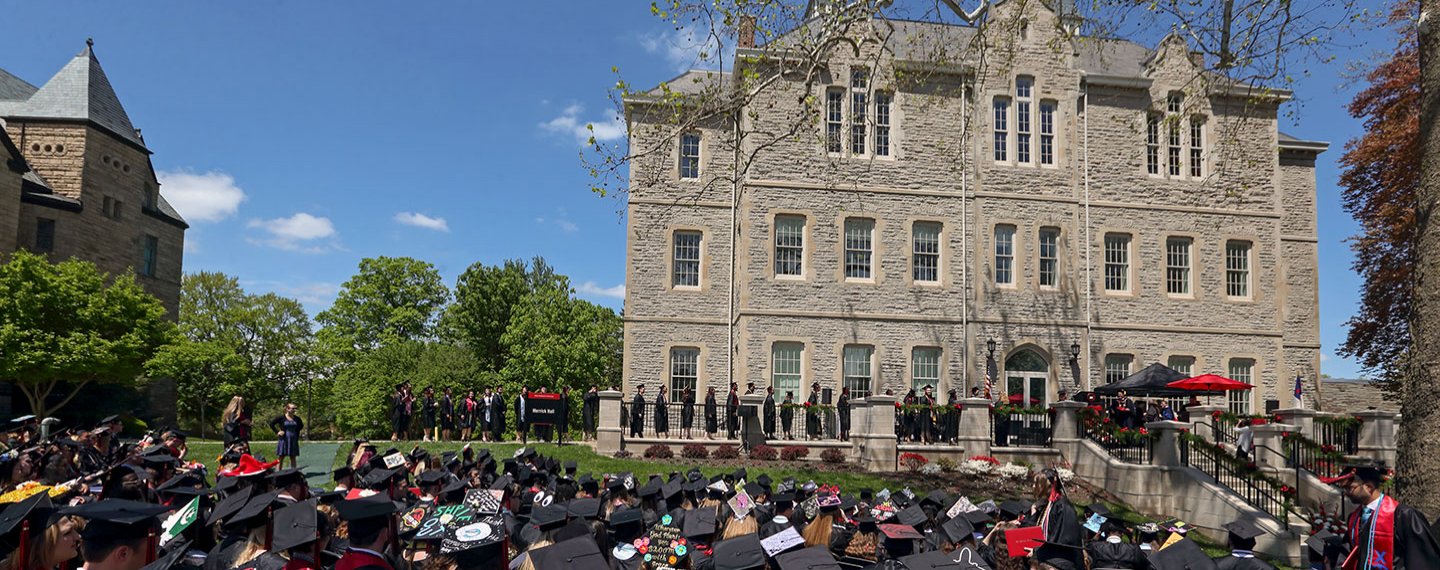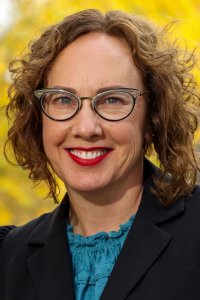Antiracism Statement

Academic Affairs
 Greetings OWU faculty, staff, students, and alumni community,
Greetings OWU faculty, staff, students, and alumni community,
I have not yet begun work officially at Ohio Wesleyan, but OWU is already on my mind and in my heart. In talking to faculty and students during my interviews, I found a love of learning and engaged conversation that is the best of the liberal arts. I was taken with OWU's "Statement of Aims": "to impart knowledge, to enhance student capabilities, and to place education in the context of values." The third aim is particularly critical in this historical moment, especially given the pain, trauma, anger, fear, and stress so many are feeling.
It is our value as a community to have rich, hard dialogue about pressing issues while also holding a space for one another's common humanity. Yet how do we have these conversations when for some, the idea of "common humanity" feels like an empty promise? When we say Black Lives Matter, we affirm that Black lives must matter as a baseline and that they have not historically mattered. We are speaking frankly that not all lives have mattered equally. That is an injustice that we cannot abide. We do not want to live in that world. Yet we have continued to do so.
And it is a world our students can change, especially if we give them the tools. I believe in that possibility and I believe that a liberal-arts education makes students particularly poised and prepared for creating new, better worlds.
President Rock Jones, as you've seen in "OWU's Commitment to Anti-Racism" letter, has given me a directive in my first 100 days to work with faculty on equity, diversity, and inclusion. That work "ultimately should include diversifying our curriculum and ensuring that faculty are equipped with the skills necessary for inclusive excellence in pedagogy."
Along with faculty, I am eager to help facilitate and guide these initiatives particularly focused on an equitable and inclusive classroom and educational experience.
While tragedy, fury, and systemic oppression abound, there is still hope in potential transformation. This is the work OWU is called to do, and I'm eager to get to work.
Karlyn Crowley, Ph.D.
Incoming Provost
